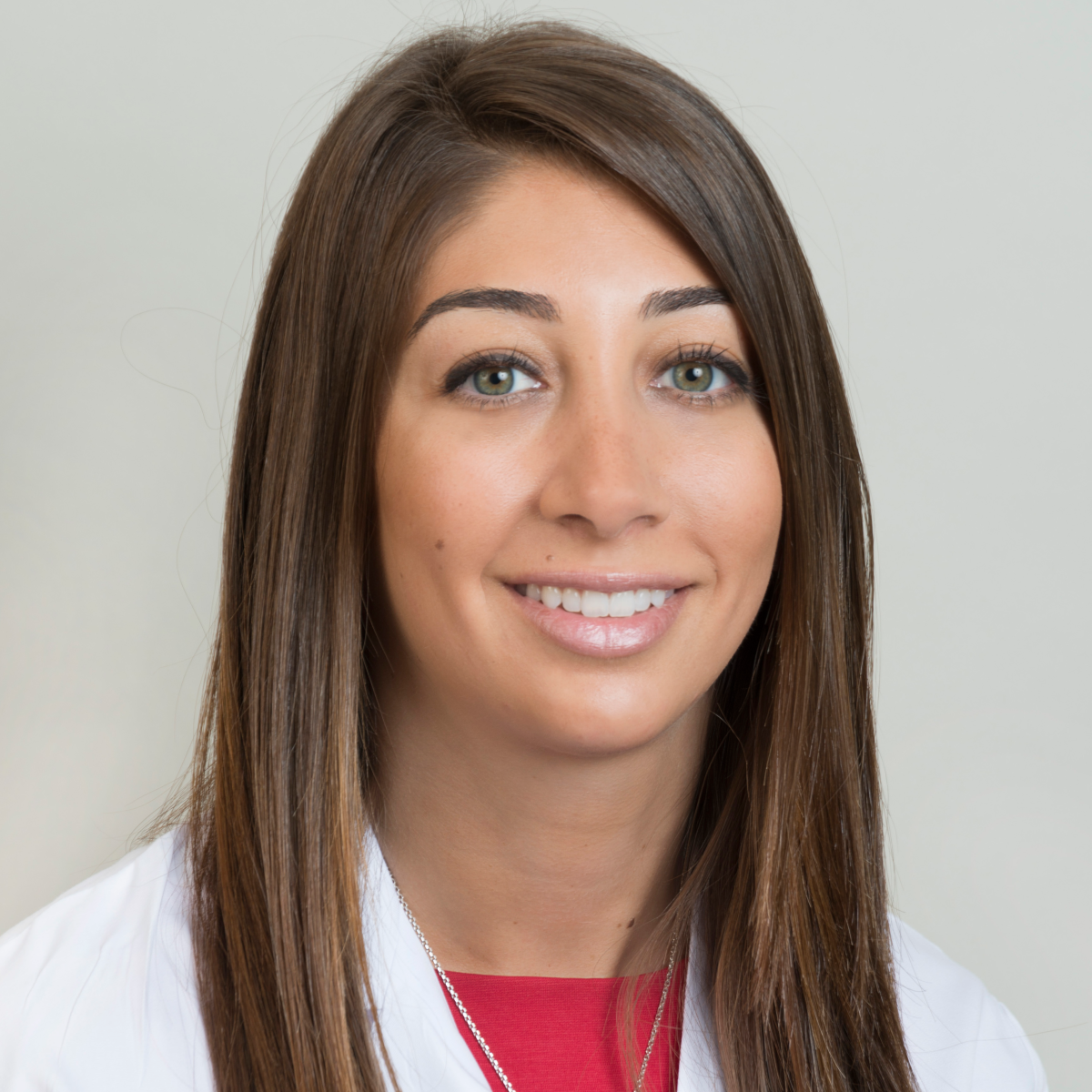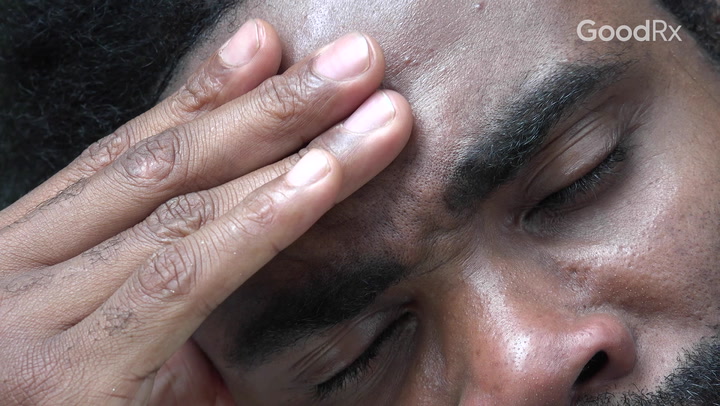
Rebound Headaches: How to Get Rid of Medication-Overuse Headaches
Key takeaways:
Rebound headaches, or medication-overuse headaches, occur due to overuse of a medication you use to treat another type of headache.
The mainstay of treatment for medication-overuse headaches is to stop the offending medication.
You can prevent rebound headaches by following guidelines for the right dose and duration of your normal headache medication.
The story of a typical rebound headache may sound familiar to you. You have been dealing with chronic migraines for years. Your provider recommends a medication and your symptoms finally start to improve. You feel much better, your headaches are gone, and you can get back to your life. But, after a while, you start having headaches again. You keep taking your medication, but this time, they feel different than your chronic migraines. What’s going on?
This is a rebound headache, also known as a “medication-overuse headache.” Data suggest that about 1% of the general population in Europe, North America, and Asia have medication-overuse headaches. If you’re curious if this includes you, read on to learn more about rebound headaches.
What is a rebound headache?
A rebound headache, or medication-overuse headache, is when someone with chronic headaches develops a new headache related to using a medication. This occurs because frequent use of a pain reliever can worsen a preexisting headache or lead to a totally new form of daily headaches.
You may be diagnosed with a rebound headache if you meet these three criteria:
You’ve had the headache for 15 or more days in 1 month, and you already have a preexisting headache disorder, like migraines.
For more than 3 months you’ve been overusing at least 1 pain reliever that treats headaches.
There’s no other diagnosis likely to explain this headache.
You may be wondering what qualifies as “overuse” of a medication. There’s actually no simple answer to this question, and it depends on which medication you’re taking. The International Classification of Headache Disorders defines overuse as taking a medication:
More than the prescribed dosing
For more than 10 days in a month
For more than 3 months
Overuse can also be considered when someone uses more than one medication for headache relief. This can seem arbitrary. If you’re concerned, talk to your provider about your medications and dosing.
Which medications can cause rebound headaches?
There are a variety of medications that can be used to treat headaches. Overuse of any of these can lead to a rebound headache. Here is a list of the more common prescription and over-the-counter (OTC) medications that can lead to rebound headaches:
Butalbital, which is found in the popular medication Fioricet
Caffeine, either from OTC pills like Excedrin or caffeinated beverages
Acetaminophen (Tylenol)
Triptans, like sumatriptan, rizatriptan, and zolmitriptan
NSAIDs such as ibuprofen (Advil, Motrin) and naproxen (Aleve)
Nasal decongestants, like pseudoephedrine (Sudafed)
What does a rebound headache feel like?
If you’re already having migraine headaches, it can be hard to know what a rebound headache feels like. But there are some characteristics that can help. Rebound headaches often:
Happen daily or every other day
Feel dull, but last long
Feel worse in the morning than at night
Come back after the pain reliever wears off
Other symptoms that can occur with a rebound headache include:
Nausea
Anxiety and restlessness
Difficulty concentrating or remembering things
General weakness or lack of energy
Medication-overuse headaches, or rebound headaches, are usually more of a nuisance than a danger. But if you’re experiencing a new headache and you aren’t sure of the cause, don’t hesitate to get medical help. This is especially true if you have the following symptoms:
A severe headache that started suddenly
Fever or stiff neck
Confusion or drowsiness
Loss of consciousness
Loss of strength or sensation in one part or one half of the body
Vision loss
How long do rebound headaches last?
Rebound headaches often occur daily or every other day. They may last anywhere from 6 hours to all day. They usually feel worse in the morning.
Rebound headaches are part of a painful cycle: You have a migraine, and you take medication to treat that migraine. But if you take too much, you get a rebound headache. Then, you take a pain reliever to get rid of the headache, and the cycle continues. Rebound headaches can last until the cycle is broken, which can take weeks to months.
How to get rid of rebound headaches
The key to treating a rebound headache is to discontinue the medication that is causing the problem in the first place. The symptoms and length of time of this “withdrawal” period depend on the medication that was being overused.
Withdrawal symptoms can be treated with IV (intravenous) fluids and other medications. This includes:
Tizanidine (Zanaflex), often along with naproxen
Antinausea medications, like Zofran (ondansetron)
Steroids, like prednisone
Talk to your provider about your options for treatment. They can help recommend the best treatment plan for you.
How to prevent rebound and medication-overuse headaches
There are three key ways to prevent rebound headaches before they begin. These are also effective steps to treat rebound headaches or any withdrawal symptoms from that process.
1. Take pain medications according to instructions
Whether you’re taking OTC or prescription migraine medications, follow your healthcare provider’s directions closely. You’ll find directions for OTC medications directly on the box or bottle label, but your healthcare provider may recommend a lower dosage for you depending on your health.
Your provider will also provide specific instructions for any prescription medications. These directions will help you get the full benefit of the medication without increasing your risk of side effects, like medication-overuse headache.
2. Don’t take pain medications longer than advised
Ask your healthcare provider how long you can safely take your pain medication. Instructions on OTC and prescription medications should also include guidance on how long to take the medication and when to stop.
But just like the dose recommendations, it’s a good idea to always check in with your provider. If you’re worried about stopping a medication based on your provider’s recommendations, talk to them about your concerns. Together you can come up with a plan to make sure your treatment plan is both effective and safe.
3. Avoid extra caffeine from beverages and foods
Many people with migraines take Excedrin Migraine, a popular OTC medication that contains caffeine. If you take this medication, do your best to avoid additional caffeine from coffees, teas, and sodas. This can trigger rebound headaches — and regular headaches.
Research shows that people who consume more than 400 mg of caffeine a day are more likely to have migraine headaches. This will also save you from caffeine withdrawal headaches when you have to cut back.
The bottom line
Headaches of any variety can be debilitating and frustrating. And it may surprise you to learn that the treatment for one type of headache can cause another type of headache. But you can prevent rebound and medication-overuse headaches.
Follow your provider’s recommendations for the best and safest way to take your headache medications. And contact them if you think you might be overusing medication. They can recommend the right medication and treatment plan for your headaches.
Why trust our experts?


References
Diener, H. C., et al. (2004). Medication-overuse headache: A worldwide problem. The Lancet Neurology.
Dodick, D., et al. (2006). Evidence-based understanding of medication-overuse headache: Clinical implications. Headache.
International Classification of Headache Disorders 3rd Edition. (n.d.). 8.2 Medication-overuse headache (MOH).
International Classification of Headache Disorders 3rd Edition. (n.d.). International Classification of Headache Disorders 3rd Edition.
International Headache Society. (2018). Headache Classification Committee of the International Headache Society (IHS) The International Classification of Headache Disorders, 3rd edition. Cephalalgia.
Krymchantowski, A. V., et al. (2000). Prednisone as initial treatment of analgesic-induced daily headache. Cephalalgia.
Martin, V. T., et al. (2016). Diet and headache: Part 1. Headache.
Obermann, M., et al. (2014). Management of medication-overuse headache. Expert Review of Neurotherapeutics.
Pascual, J., et al. (1993). Daily chronic headache in patients with migraine induced by abuse of ergotamine-analgesics: Response due to a protocol of outpatient treatment. Neurologia.
Silberstein, S. D., et al. (1990). Repetitive intravenous DHE in the treatment of refractory headache. Headache.

























